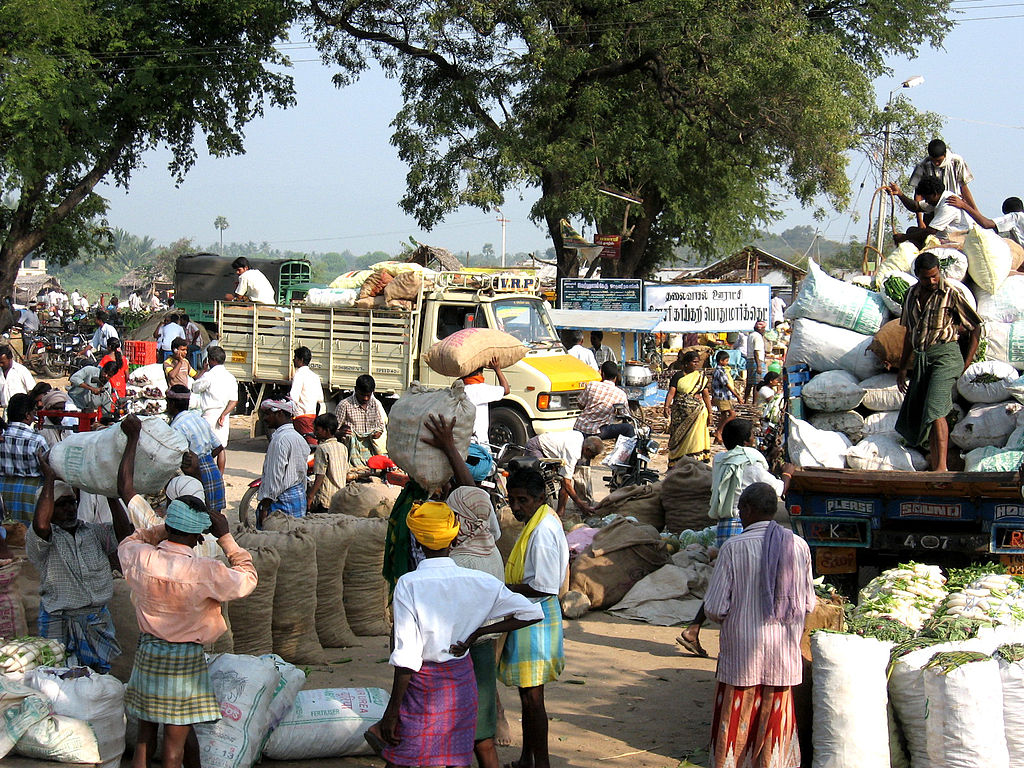Most nonprofits in India find themselves challenged on multiple fronts by the impact of the ongoing COVID-19 pandemic. These may include:
- Productivity affected by schools, offices, and meeting spaces closing, and staff working from home.
- Inadequate hardware, connectivity, or access to information to operate remotely.
- Impact of postponed or cancelled programmes.
- Outreach challenges and lack of access to reliable information and health services in our most vulnerable communities.
- Economic impact of the pandemic on nonprofit staff and the communities they serve.
- Fiscal year-end pressure on both fundraising and statutory compliance.
Related article: The social sector response to COVID-19
As our understanding of best practices evolves and community-serving organisations cope as best as they can to respond to unprecedented needs, the role of funders becomes ever more critical.
In the United Kingdom and the United States, hundreds of funders have pledged to “act with fierce urgency to support our nonprofit partners as well as the people and communities hit hardest by the impacts of COVID-19,” as reported by The Chronicle of Philanthropy and Alliance magazine. Individual foundations, such as the Robert Sterling Clark Foundation, Ford Foundation, MacArthur Foundation, and Rockefeller Foundation in the US, and Omidyar Network India and Edelgive Foundation in India, are also communicating their flexibility to grantees.

Please reach out to your grantees and partners to ascertain the urgent challenges they are confronting, and to provide reassurance of your support. | Picture courtesy: Pxfuel
Here are five things funders around the world are doing to help their partners cope with this crisis. These are steps worth emulating.
- Have check-in conversations with your grantees to help them prioritise the health and safety of their teams, and plan for the continuity of their organisations and programmes.
- Be open to converting current project grants to general support funding to permit agility in partners’ responses to the needs of their staff and the communities they serve. Don’t take back grant funds that were allocated to events or activities that have had to be cancelled due to COVID-19.
- Be open to changing the payment schedule for your grant. Better still, proactively disburse funds that are due over the next six months.
- Collaborate with other donors to share learnings and best practices on how best to ensure that partners and communities make it through the situation. Share information across your networks to amplify learning and advocacy.
- Look beyond your grantees to the communities they serve. Ask what their communities need to help them enhance their disaster planning and emergency readiness. This could include measures to provide protective material and services, provide income and material support, mitigate the impact of closure of schools and workplaces, disseminate public education messages in languages and via channels most likely to reach vulnerable populations, adapt current programmes to the new realities of social distancing, and invest in building capacity to access multiple sources of funding and to raise resources online.
In India, the advocacy role that funders can play is especially critical at this time. These could be regarding the need to extend deadlines for statutory filings, as well as for urgent measures in vulnerable communities, such as those advocated by the Housing and Land Rights Network and the Paani Haq Samiti, in Mumbai.
Every donor asset counts: your voice, networks, influence, skills, and human resources.
Even as funders and partners are scrambling to respond to COVID-19, we are confronted by a set of policy changes proposed in the Finance Bill 2020 and in the draft changes to the CSR component of the Companies Act. Implementation of these changes and deadlines for comment must be held in abeyance till the sector has the bandwidth to respond coherently.
Related article: The new CSR amendments and what you can do about them
Locally, regionally, nationally, and globally, the role of funders right now is absolutely critical—to our frontline organisations, the communities they serve, and our society at large.
Every donor asset counts: your voice, networks, influence, skills, and human resources. None is more critical, however, than financial support.
Cash in the hands of affected communities, the grassroots organisations that work with them, and the intermediaries coordinating responses, will determine the speed and effectiveness of our collective efforts to stem the tide.
Please reach out to your grantees and partners, if you have not already done so, to ascertain the urgent challenges they are confronting, and to provide reassurance of your understanding and support in accommodating potential delays and additional needs.
—
Know more
- Read why now is the time for philanthropy to give more, not less.
- Read this letter from the Robert Sterling Clark Foundation on supporting their grantee partners during this crisis.
- Learn about how corporate India is helping tackle the COVID-19 outbreak.
Do more
- Share your own experiences of dealing with the pandemic at csip.covid19@ashoka.edu.in, with the subject ‘COVID-19 Response’ so that the sector can share and learn from each other.





